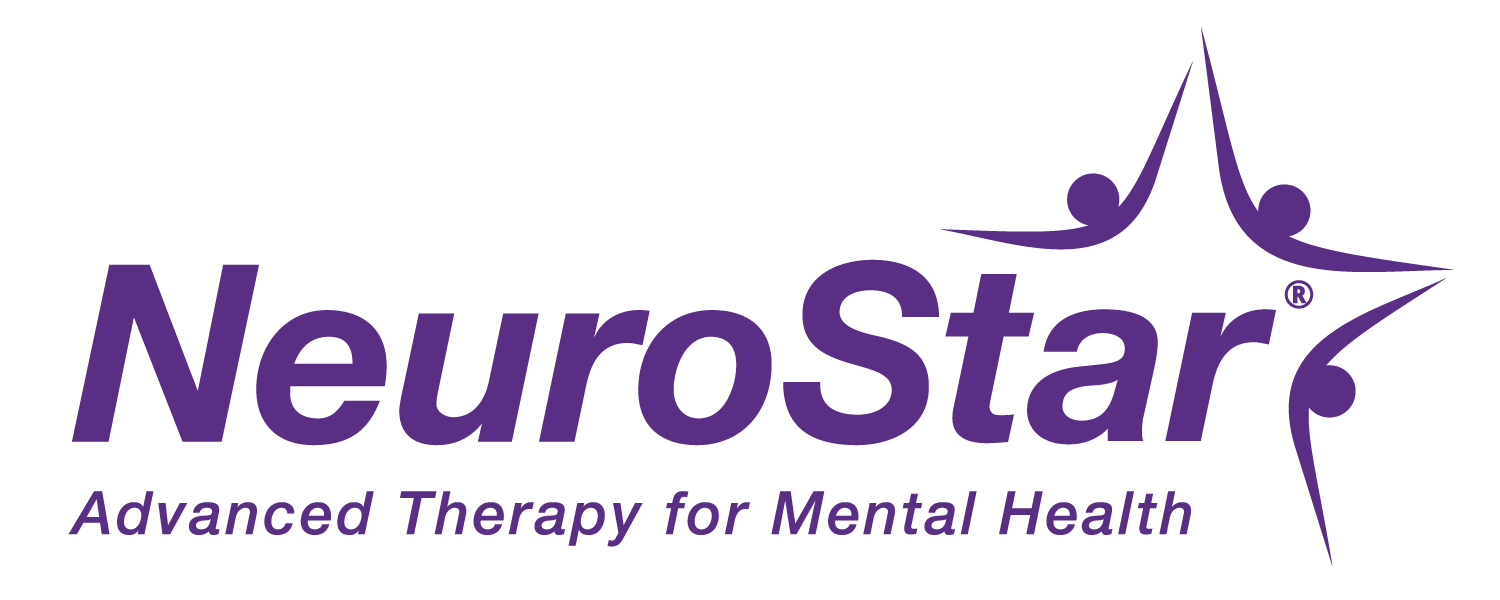Reasons TMS is Beneficial for your Depression
Reasons TMS is Beneficial for your Depression Depression is one of the leading causes of disability all across the globe. Not only does it negatively impact one’s life academically and professionally, but it also adversely affects the people around them along with the relationships they’ve built over the years. Hence it’s extremely vital for people […]
Significance of TMS Therapy in Major Depressive Disorder
Significance of TMS Therapy in Major Depressive Disorder It’s estimated that over 15 million Americans suffer from Major Depressive Disorder (MDD), which showcases why this illness needs to be addressed and treated quickly. Depression can negatively impact all aspects of your life, be it at home, school, or work. Therefore, it’s highly important to treat depression […]
Caring for Someone with Depression: Tips for Depression Treatment
Caring for Someone with Depression: Tips for Depression Treatment You know how severe depression can be if a friend or loved one suffers from it. It can be pretty difficult to talk openly to someone about their feelings. But you know how crucial it is to get them the depression treatment they need to live […]
Advanced TMS: New Hope for Depression Treatment
Advanced TMS: New Hope for Depression Treatment Depression has become one of the leading causes of disability across the United States among people ages 15 to 44. Although there are many effective ways to treat Depression, first-line strategies such as psychotherapy and antidepressants don’t work for all. What can depression sufferers do when they don’t […]

